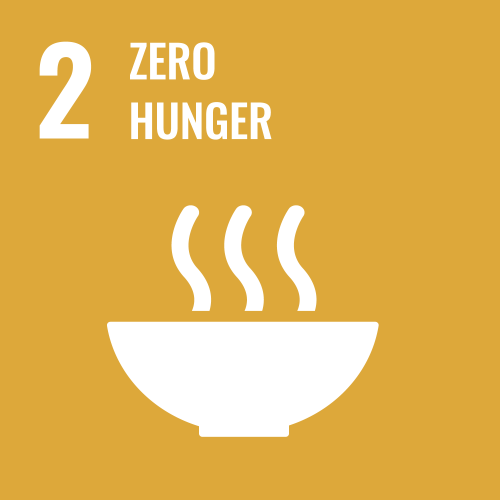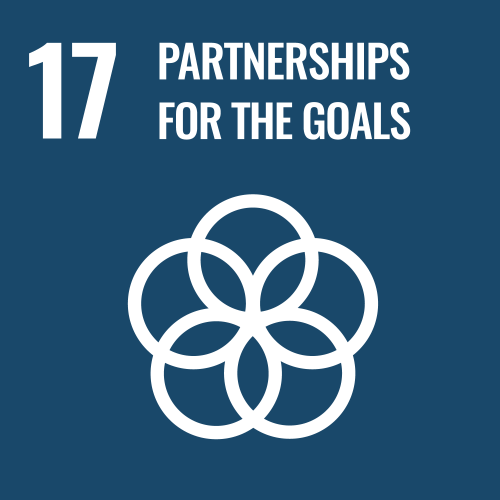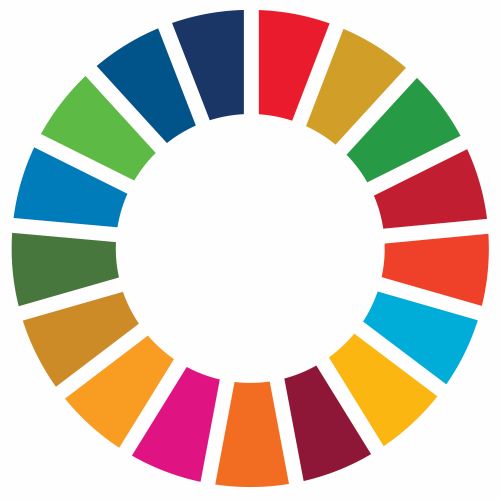
03/07/2025
In the framework of the European EUCAN project, a workshop has been organised with a focus on strengthening national capacity for evidence-based agricultural planning.
The EUCAN project, implemented by FIAP and the Central Project Management Agency (CPVA) in collaboration with the Organisation of Eastern Caribbean States (OECS) Commission, held a regional workshop in Antigua and Barbuda on the inclusiveness of social protection systems in the agricultural and fisheries sector. In the context of the region’s economic and social challenges, such as economic uncertainty, vulnerability to shocks, high levels of youth unemployment and the over-representation of women in unemployment rates, this workshop explored the strategies needed to support the transition from the informal to the formal economy in the agricultural and fisheries sector in OECS member states.
Walter Christopher, permanent secretary of the Ministry of Agriculture of Antigua and Barbuda, recognised the need to find practical solutions through greater collaboration between ministries, international development partners and civil society organisations. Joel Richards, head of the Economic Affairs and Regional Integration Division (EARID) of the OECS Commission, provided data demonstrating the systemic importance of agriculture and fisheries, which are crucial in boosting food security.
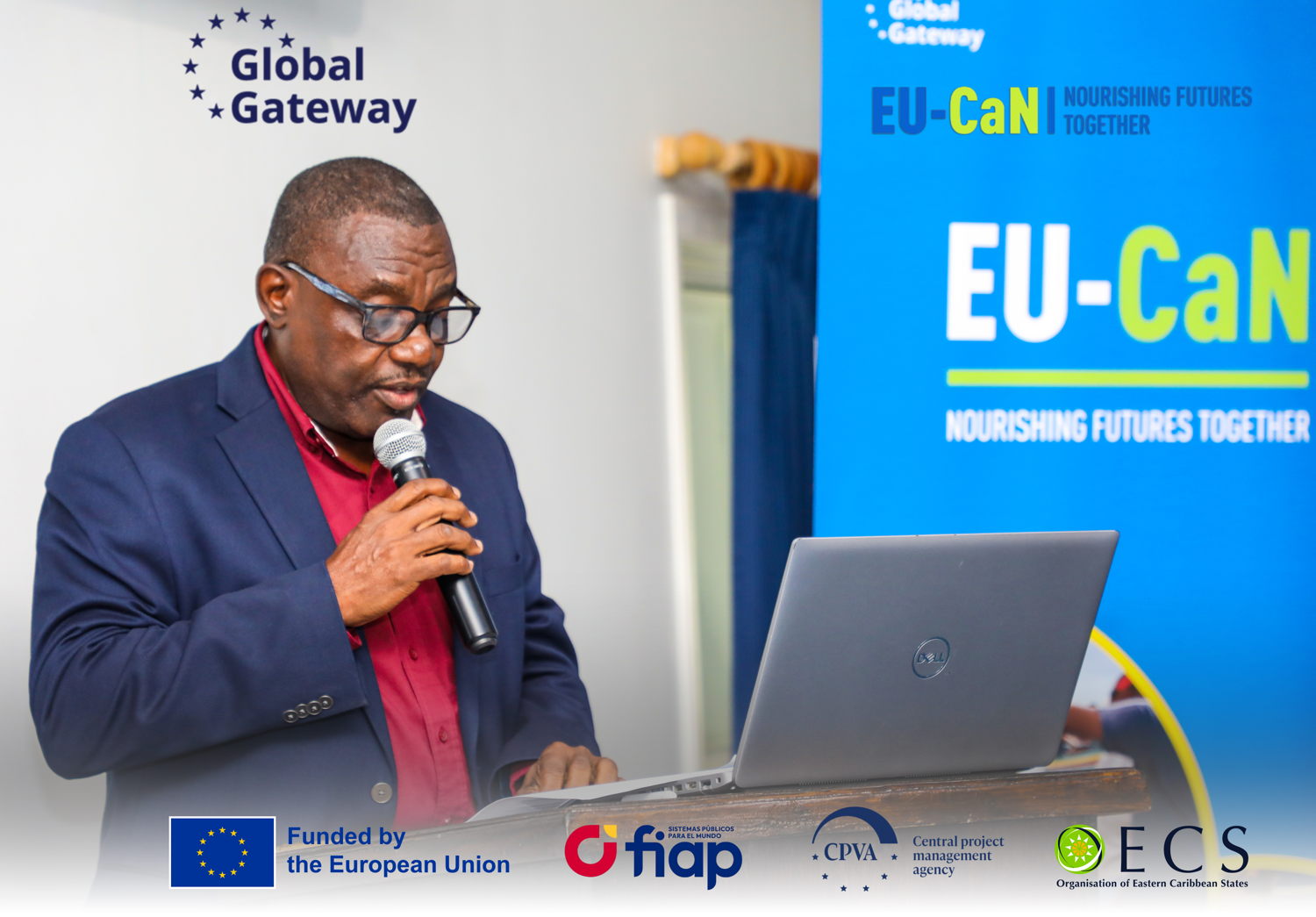
On behalf of the Delegation of the European Union to Barbados, the Eastern Caribbean States, the OECS and CARICOM/CARIFORUM, Jeannine Blanchard, Project Officer, stressed the need for strong social protection integrated into National Social Security Systems. EUCAN Project Coordinator Teodora Diamantopoulos also stressed the need to combine policies and processes, while creating spaces for dialogue and collaboration.
Focused on exploring strategies for co-creating effective partnerships on social protection, the seminar brought together regional and international partners: the Food and Agriculture Organization of the United Nations (FAO), the International Labour Organization (ILO), the World Food Programme (WFP), and the Inter-American Institute for Cooperation on Agriculture (IICA). During the event, good practices in inclusive social protection systems in the agricultural sector, universal social protection for climate justice and just transition, and the links between social protection and formalisation, focusing on women and youth, were shared. The participation of Spanish institutions such as the Spanish Youth Institute (INJUVE) and the Agency for Agricultural and Fisheries Management of Andalusia (Junta de Andalucía), has ensured the exchange of Spanish and European practices and examples for the protection and inclusion of youth and women in agriculture and fisheries.
Member States presented their national efforts to ensure the participation of young people and women in the agriculture and fisheries sector. The challenges in these unique spaces and the need for greater inter-ministerial collaboration were highlighted, as well as the importance of community involvement and evidence-based initiatives to effectively identify and address the issues of vulnerable populations.
The OECS Commission presentations provided an overview of the regional framework for addressing issues of social protection, equal access to quality social services and empowerment throughout the life cycle in food security and broader economic and social development through the Social Inclusion and Social Protection Action Plan (SISP) and the Food and Agricultural Systems Transformation Strategy (FAST). The Programme Manager of the Health, Social Inclusion and Social Protection Unit, Roxanne Brizan-St Martin, highlighted the transformative role of social protection when working alongside economic policy to ensure sustainability and inclusion.
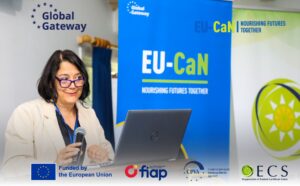
For their part, civil society organisations have underlined the importance of intergenerational knowledge sharing and mentoring in the agricultural sector to boost youth participation and engagement. The importance of a policy backed by a strong legislative framework was also emphasised.
